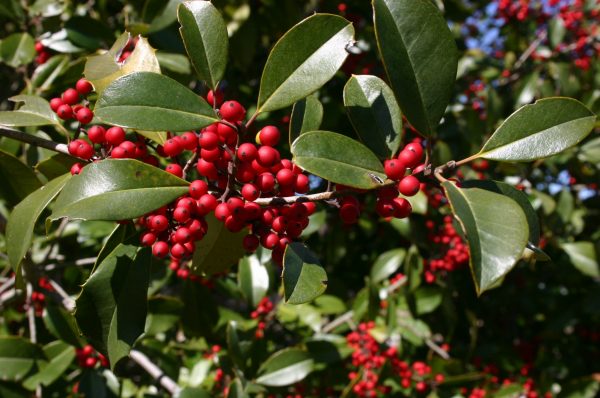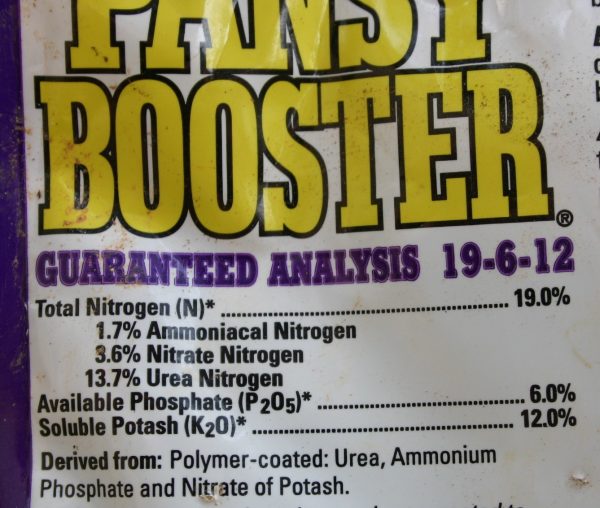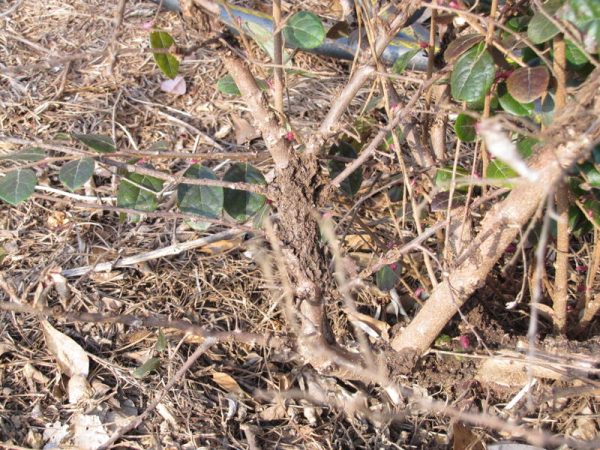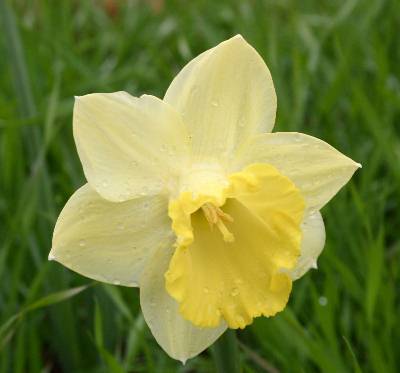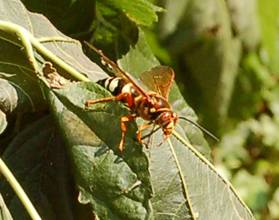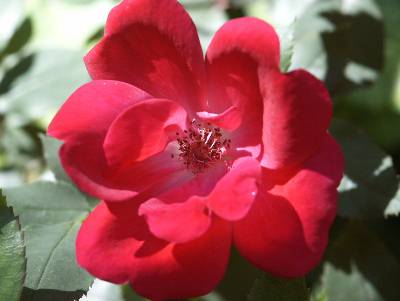St. Augustine Grass – SAD Virus
Q: My St. Augustine grass has pretty much disappeared since last year. What do you know about the SAD virus that might have caused this?
A: As you might be asked in rural areas “You’re not from around here, are you?”
St. Augustine decline (SAD) is a virus disease that is usually found in Arkansas, Louisiana, Mississippi, and Texas. Taft Eaker, manager of the UGA Plant Disease lab, says that it is virtually unknown in Georgia. The symptoms begin as a gradual yellowing of the grass blades and end with almost complete die-back within three years. The SAD virus is spread by mowing equipment, edgers and other tools. The only control is to plant a resistant variety of St. Augustine grass such as ‘Raleigh’.
As you can see, it is much more likely that conditions other than SAD caused your lawn problems. St. Augustine grass is susceptible to cold injury in severe winters but we haven’t had one of those in ages. Hard soil, drought injury, soggy soil and excess shade are much more likely culprits.
If you want a definitive answer, you can submit a sample of your unhealthy (not dead) grass to the University of Georgia Extension office (1-800-ASKUGA-1) in your county for a free scientific diagnosis.




